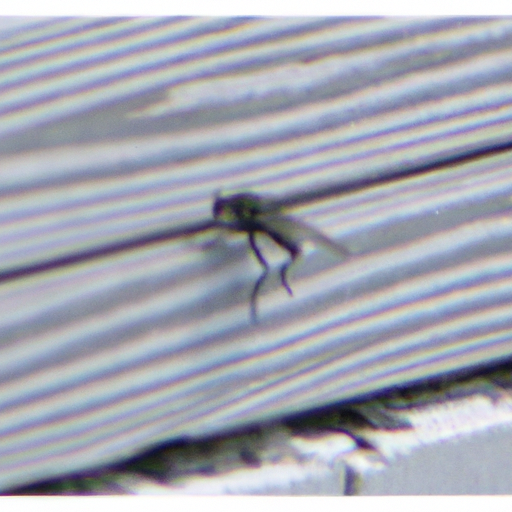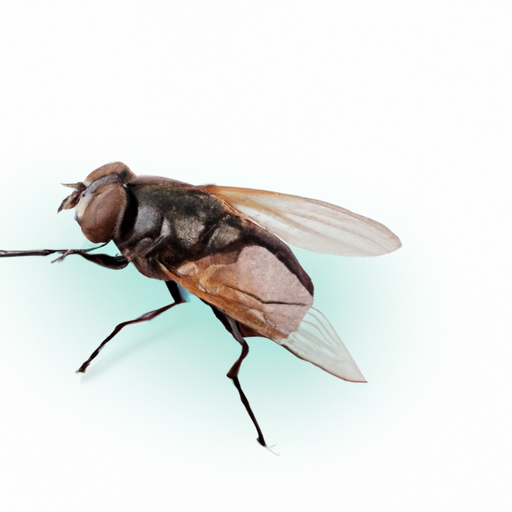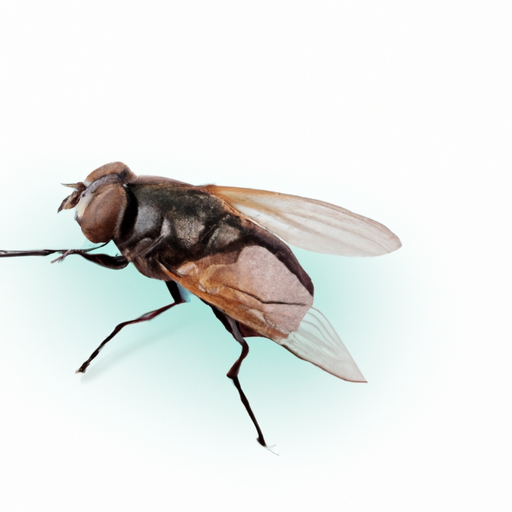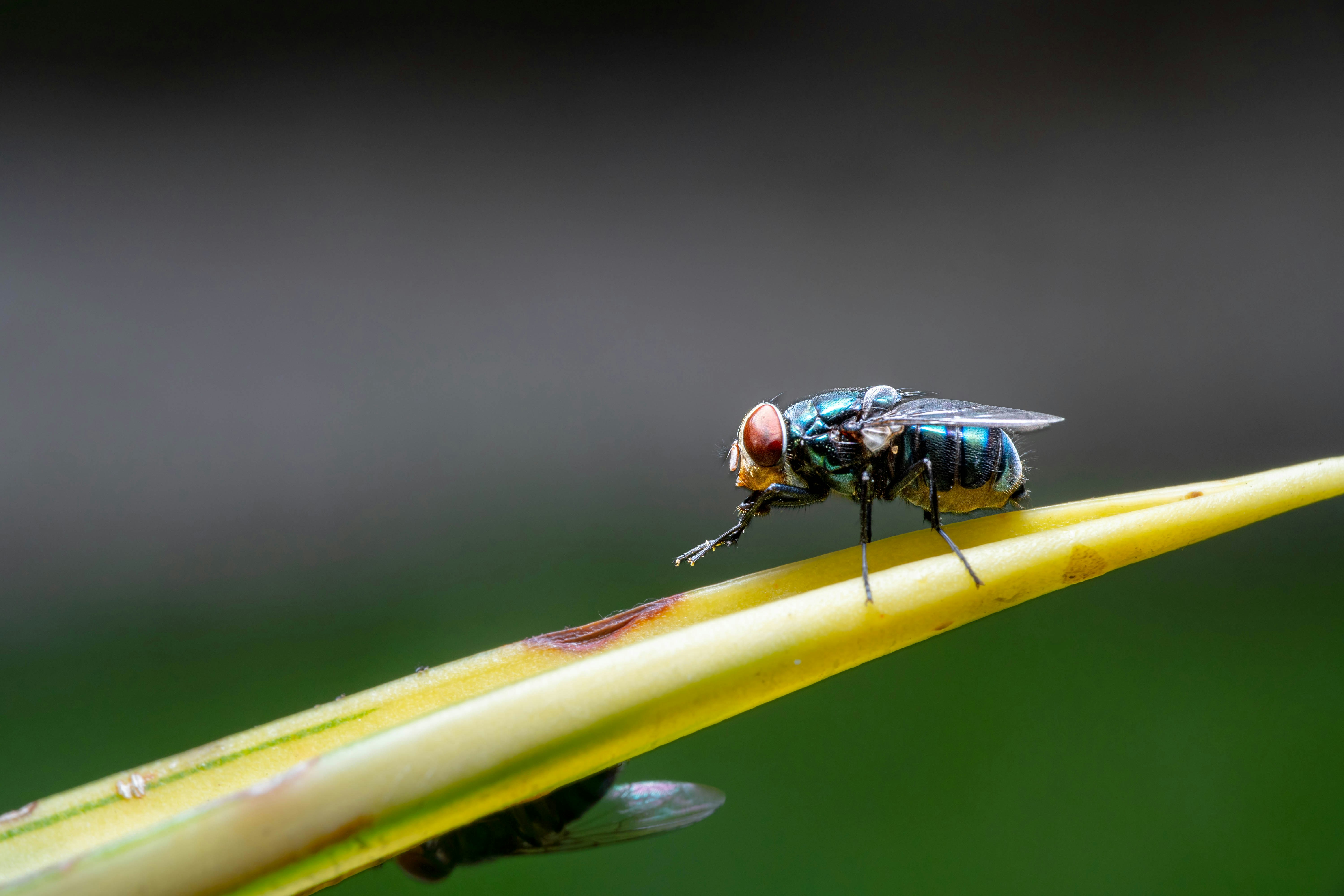Hello there! In this article, we will be discussing some effective methods for getting rid of flies. You will learn easy and practical solutions to keep those pesky creatures away from your space. From natural remedies to simple preventative measures, we have got you covered. So, let’s dive right in and say goodbye to those buzzing annoyances!
Effective Methods for Getting Rid of Flies
Flies are not only a nuisance but also pose a threat to our health and hygiene. Their constant buzzing, landing on food, and spreading of germs make them unwanted guests in any home or outdoor space. Luckily, there are several natural and chemical methods you can employ to eliminate flies from your surroundings. Additionally, making a few changes to your home and implementing proper sanitation practices can also help in your fight against these pesky insects.
The Impact of Flies on Health and Hygiene
Flies carry a multitude of diseases and bacteria that can be harmful to humans. They are known to transmit diseases such as dysentery, salmonella, and cholera. When a fly lands on food, it leaves behind germs from its legs and mouth, which can contaminate the food and lead to food poisoning. This is particularly dangerous for individuals with weakened immune systems, the elderly, and young children. Flies are also known to spread parasitic worms, such as tapeworms, which can cause severe health issues if ingested.
In addition to the health risks, the presence of flies can also be a major annoyance in any environment. Their constant buzzing and landing on surfaces can disrupt outdoor activities and make it difficult to enjoy a peaceful meal or time spent outdoors. The annoyance factor of flies is enough of a reason to take steps to get rid of them effectively.
Natural Methods for Fly Control
Natural methods of fly control are not only effective but also environmentally friendly. They are a safe alternative to chemical-based insecticides and can be easily implemented in and around your home. Essential oils, for example, can be used as fly repellents. Flies are repelled by the strong scents of oils such as lavender, eucalyptus, and peppermint. By placing a few drops of these oils on cotton balls and strategically placing them around your home or outdoor area, you can discourage flies from entering.
Fly traps and sticky paper are other natural methods that can help reduce the fly population. Fly traps are designed to attract flies and trap them, preventing them from reproducing and spreading further. Sticky paper acts as a fly attractant, and when flies land on it, they become stuck and unable to escape. These methods are non-toxic and safe to use around children and pets.
Another natural solution is creating DIY fly repellent sprays using ingredients commonly found in households. One effective recipe includes mixing vinegar, water, and a few drops of dish soap in a spray bottle. Flies are repelled by the scent of vinegar and are deterred by the soapy residue that hinders their ability to fly. Simply spray this mixture around your home or affected areas to keep flies at bay.
Chemical Methods for Fly Control
If the natural methods alone do not provide sufficient results, you may need to consider chemical methods for fly control. Insecticides and pest control products specifically designed to target flies can effectively eliminate the infestation. It’s important to choose products that are labeled for fly control and follow the instructions carefully to ensure their safe and effective use.
Fly baits and bait stations can also be effective in reducing the fly population. These contain attractants that entice flies, leading them to consume the bait and ultimately die. Bait stations are designed to keep the bait contained and prevent it from being accessed by children or pets.
When using chemical methods, it is essential to follow all safety precautions and guidelines provided by the product manufacturer. Proper ventilation and protective gear, such as gloves and masks, should be worn to minimize any potential risks associated with the use of these chemicals.
Improving Sanitation to Combat Flies
One of the key strategies in getting rid of flies is to improve sanitation practices in and around your home. Flies are attracted to areas where there is food, waste, and decaying organic matter. By identifying and removing potential fly breeding sites, you can significantly reduce their population.
Regularly emptying and cleaning garbage bins and ensuring they have tightly sealed lids can prevent flies from accessing food waste. It’s important to address any plumbing or drainage issues that may lead to stagnant water, as flies are attracted to such areas for breeding. Additionally, maintaining a clean kitchen and promptly cleaning up any spills or food residue can help in deterring flies from entering your home.
Utilizing Physical Barriers to Keep Flies Out
Physical barriers can be an effective way to keep flies out of your living spaces. Installing window screens and door sweeps can prevent flies from entering your home while still allowing fresh air to circulate. It is crucial to regularly check these barriers for any gaps or damages and make the necessary repairs to maintain their effectiveness.
Fly nets and mesh curtains can also be used in outdoor areas to create a barrier that prevents flies from intruding on your gatherings or outdoor meals. These can be easily installed and offer a simple yet effective solution to keep flies at bay.
The Importance of Proper Lighting
Flies are attracted to bright lights and are often found lingering around them during the night. Avoiding the use of bright lights near entrances and outdoor areas can help reduce the presence of flies. Instead, consider switching to yellow light bulbs, as flies are less attracted to this color of light. This small change can make a significant difference in deterring flies from congregating around your property.
Attracting Natural Fly Predators
Encouraging natural fly predators, such as birds and bats, can be an effective long-term solution for fly control. Birds, such as swallows and martins, feed on flies and can help reduce their population naturally. Installing birdhouses or setting up bird feeders can attract these beneficial birds to your property.
Bats are another natural predator of flies. They are known to consume large numbers of insects, including flies, during their nightly hunting expeditions. Creating a bat habitat, such as bat boxes or providing shelter in a secluded area of your property, can attract bats and help in controlling the fly population.
Repelling Flies with Plants
Certain plants have natural properties that repel flies due to their strong scents. Planting herbs such as basil, mint, lavender, and rosemary around your home or outdoor areas can act as a natural fly repellent. These plants not only enhance the aesthetics of your surroundings but also serve the purpose of discouraging flies from coming near.
Additionally, citronella and lemongrass are two plants known for their effective fly-repelling properties. The scent emitted by these plants acts as a deterrent to flies and can provide an extra layer of protection against these insects.

Fly-Proofing Your Home
To prevent flies from entering your home, it’s important to seal entry points and cracks. Check all windows and doors for any gaps or openings and use weatherstripping or caulking to seal them. Pay special attention to areas where pipes and wires enter your home, as these are common entry points for flies.
When it comes to doors, keeping them closed as much as possible can significantly reduce the chances of flies entering your living spaces. Installing automatic closing mechanisms or using door sweeps can help ensure that doors are always closed tightly.
Conclusion
Flies can be a persistent problem, but with the right methods and practices in place, you can effectively get rid of them. Whether you opt for natural solutions, chemical methods, or a combination of both, it’s important to prioritize both your health and the environment while combating flies. By implementing proper sanitation practices, utilizing physical barriers, improving lighting, attracting natural fly predators, and maximizing the use of repellent plants, you are well on your way to creating a fly-free environment. Take the necessary steps today to reclaim your living spaces from these pesky insects and enjoy a cleaner, healthier, and fly-free home.








